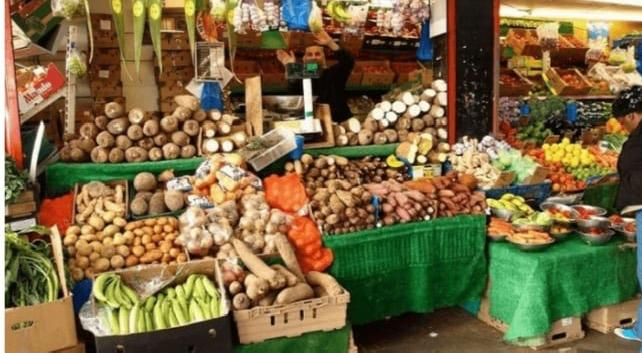
Farmers are warning that food prices are unlikely to fall unless the high costs of producing that food such as fertiliser, fuel, and labour come down significantly.
Although inflation has started to ease, many producers are still dealing with the effects of past spikes in input prices. Some say they are selling produce at a loss.
“If prices drop now, we wouldn’t even cover what we spent on fertiliser months ago,” said a Wiltshire farmer.
The situation is especially tough for dairy farmers, many of whom say they are paid less than it costs to produce milk. They warn that ongoing losses could force them to cut production, which would keep food prices high or even drive them higher.
Why Prices Remain High
Input Costs: Fertiliser, energy, feed, and labour remain expensive.
Delayed Impact: Crops and goods sold now were produced using high-cost inputs from months ago.
Fixed Contracts: Long-term supply deals delay the effect of falling input prices.
Supply Risks: Reduced production could limit supply and maintain high prices.
Outlook
Experts say food prices are unlikely to drop significantly until farmers see real relief in production costs. For now, price cuts at the supermarket remain limited.
